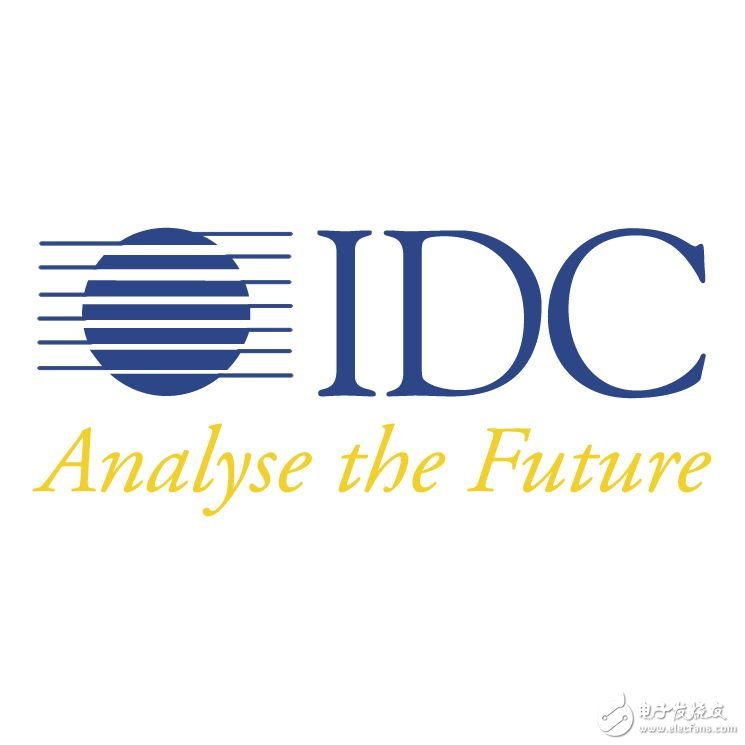Smart cities continue to see the global annual expenditure of 80 billion US dollars
As smart city initiatives gain momentum, market research firm International Data Corporation (IDC) forecasts that global spending on smart city-related technologies will reach $80 billion by 2018. This figure is expected to grow significantly as urban development continues, with projections showing an increase to $135 billion by 2021. Among the various sectors, smart transportation is set to become a major focus for investment across different regions.
Smart cities are driving a comprehensive digital transformation of urban ecosystems, impacting environmental, financial, and social dimensions. According to Serena Da Rold, IDC’s Customer Insight and Analysis Manager, smart cities have evolved from scattered investments into a major market opportunity, which will fuel technology development and innovation from 2018 onward.

IDC predicts that all cities, regardless of size, will eventually become digitally integrated. However, the key areas of investment will differ across regions. In 2018, the United States is expected to remain the largest smart city market, with annual spending reaching $22 billion, followed closely by China at $21 billion. Over the next five years, both countries are projected to experience similar growth rates—19.0% for the U.S. and 19.3% for China. Meanwhile, Latin America and Canada are expected to see the fastest growth, with compound annual growth rates of 28.7% and 22.5%, respectively.
In 2018, smart transportation will be the primary area of investment in smart city projects. This includes data-driven public safety measures, flexible energy management, and infrastructure improvements. Smart transportation and fixed-image surveillance will be among the top costs in smart cities globally, followed by outdoor smart lighting and environmental monitoring. The focus of technological development will vary depending on regional priorities.
For instance, smart transportation will dominate in the U.S., Japan, and Western Europe, while image surveillance will lead in China. Although the U.S. places significant emphasis on surveillance, it still trails behind China. In Japan, environmental monitoring will take precedence over image surveillance.
IDC believes that smart cities will be driven by multiple interconnected projects, utilizing shared platforms to reduce maintenance costs and enable cross-system data sharing. These cities will rely on third-party technology platforms, accelerating the development of emerging technologies within the urban ecosystem. As a result, a wide range of innovative solutions are expected to emerge in the future, shaping the way cities operate and evolve.
Solar Charge Controller ,Solar Controller,Solar Regulator,Solar Panel Controller
zhejiang ttn electric co.,ltd , https://www.ttnpower.com